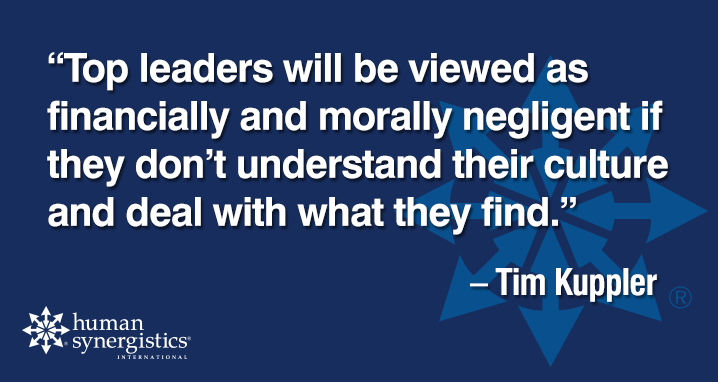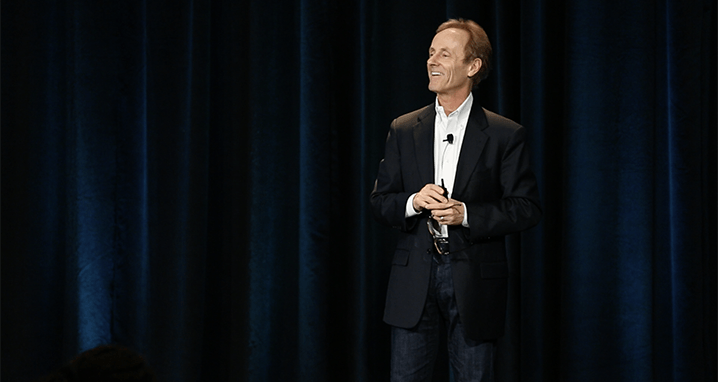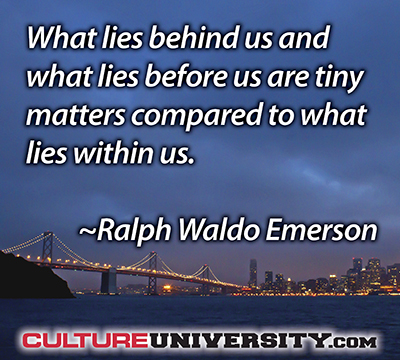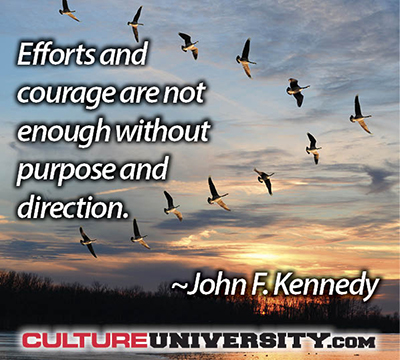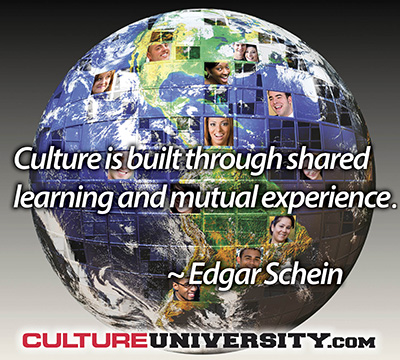This is the first in a series of blogs about virtuous organizations — businesses where employees model the highest aspirations of human kind. In this series, authors Graham Williams and Gerald Wagner draw on examples and insights from around the world — Brazil, USA, India, Netherlands, New Zealand, Pakistan, Thailand, and Turkey. Readers may be pleasantly surprised by how many virtuous companies already exist! The series addresses what makes these virtuous organizations tick and what practices they have in common, telling compelling stories about the power of positivity. While everyone is likely to enjoy these case studies, organizational leaders in a position to affect culture change are likely to benefit most.






